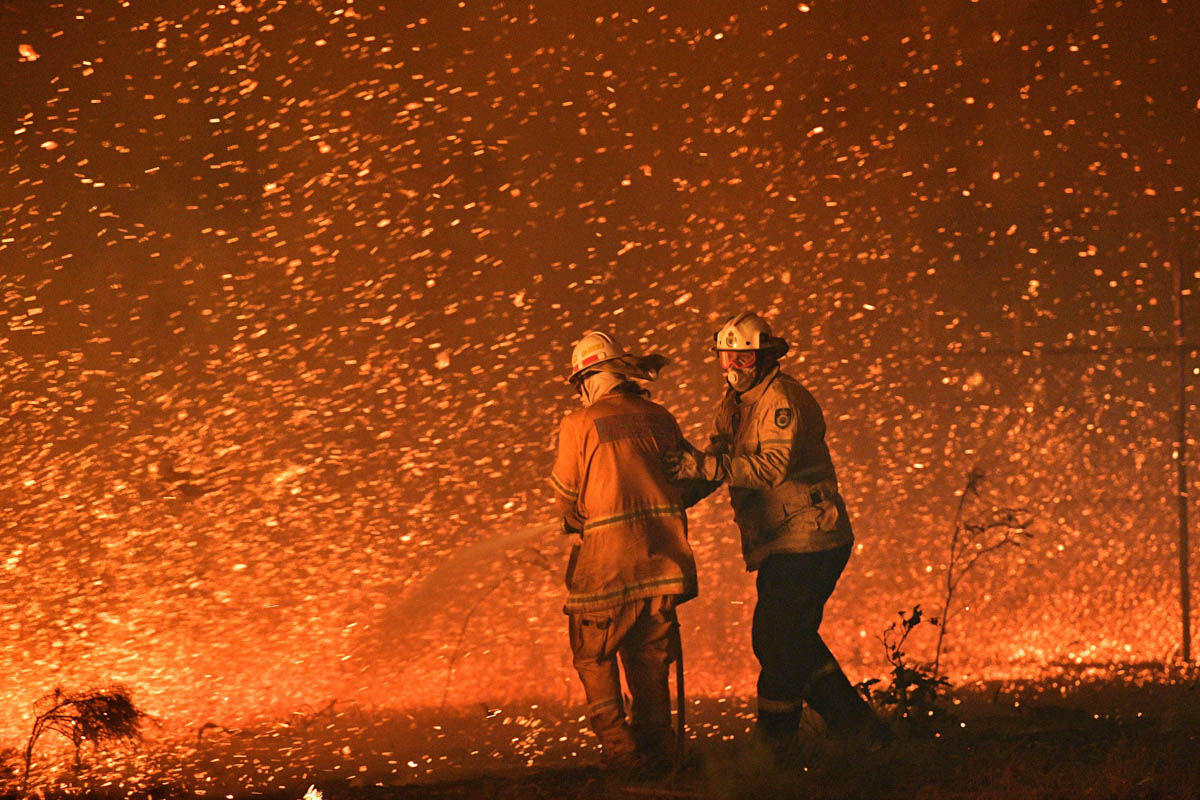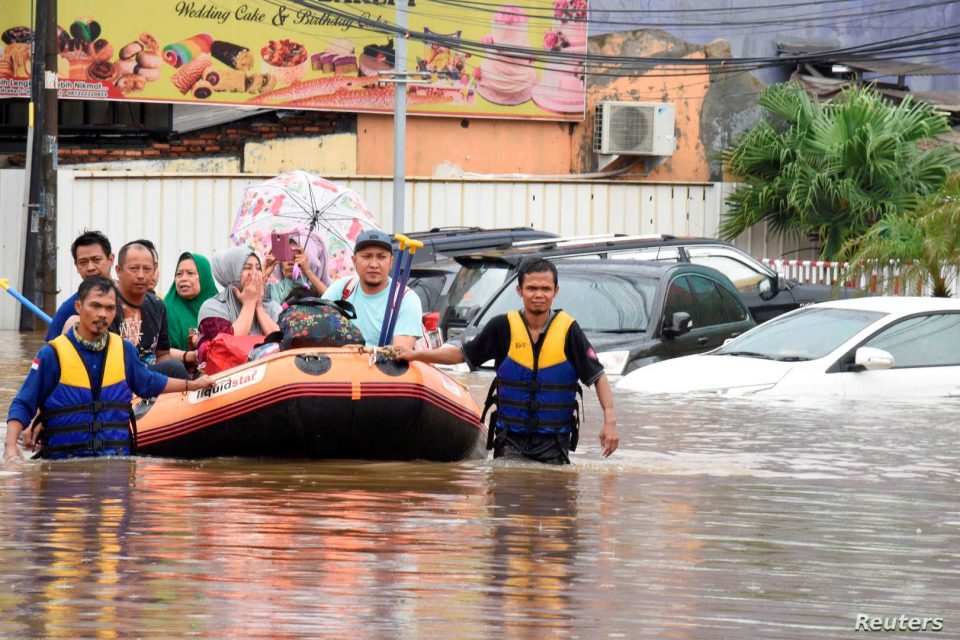This bule went home for Christmas.
I was aware bushfires were burning in Australia and I was, in a slightly sadistic way, pleased some of the East coast cities were suffering from smoke pollution.
The Australian bushfires began in August and exploded again in November and early December. They were unexpectedly early, tragically deadly, and ecologically disastrous.
As readers of this column know, I had just spent six months living in Jakarta complaining about air pollution partly caused by fires that burnt 900,000 hectares of Sumatra and Borneo.
So there was a perverse and unpleasant part of me that thought maybe Australians suffering from smoke pollution would get a wake-up call and understand better what millions of Indonesians – and this bule – were forced to suffer on a daily basis.
Ha, I planned to say, you’re complaining about conditions that were bad for a couple of days. Those conditions have persisted every day for the last six months in Jakarta. This is the future for humanity: Life confined to air-conditioned cocoons, unless you can’t afford to live in an air-conditioned cocoon, in which case you are slowly poisoned.
Welcome to the 21st century.
I hoped my pessimistic, apocalyptic vision of the future was the result of cabin fever (living too long in air-conditioned cocoons) and was totally unfounded.
But on New Year’s Eve things deteriorated.
New fires developed and old fires flared up. By January 5, with two more months of the hot Australian summer to go, more than five million hectares had been burnt. That’s more than five times the extent of the fires in Sumatra and Borneo fires, more than five times the extent of the Amazon fires, and almost double the extent of the Siberian fires.
Plus 23 people died and hundreds of houses were destroyed.
The world’s biggest coal exporter was experiencing the direct result of climate change, which scientists know to be the direct result of burning fossil fuels. They have been predicting catastrophic fires for years.
Blaming climate change on fossil fuels is a controversial statement in Australia. Many members of the current government refuse to accept the link between man-made pollution and climate change. They’re keen to keep selling coal.
What’s the appropriate word? Irony? Karma?
While Australia burned on New Year’s Eve, it started to rain in Jakarta. And rain. And rain.
The floods that followed killed 60 people and made hundreds of thousands homeless. The air quality improved, but no one cheered.
Until New Year’s Eve, this bule vaguely hoped there was time to act before the world reached a critical tipping point, when climate change began to run out of control, and irreversible changes began to develop their own momentum.
I still hope we can turn things around.
But New Years Day 2020 was the day climate change punched me in the face. My home and my adopted home were smashed; one by fire, one by water.
Where can I run to next? Mars?




